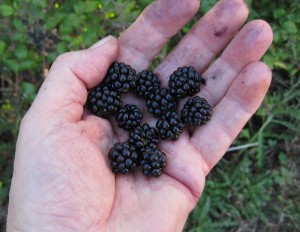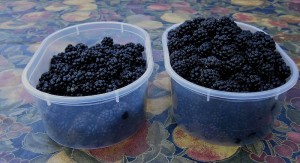This is almost too good to be true.
According to The Journal in Martinsburg, W. Va., a local resident came home to find that a burglar had broken in through a bedroom window and rummaged around, making off with a pair of diamond rings worth more than $3,500. Apparently wanting to travel light, he did not take the victim’s computer, but he did use it. To check his Facebook page. And he forgot to log off. Jonathan G. Parker, 19, of Fort Loudoun, Pa., was arraigned Tuesday on one count of felony daytime burglary and remains in custody in lieu of $10,000 bail, probably wondering what kind of grief his Facebook friends are posting on his wall.



